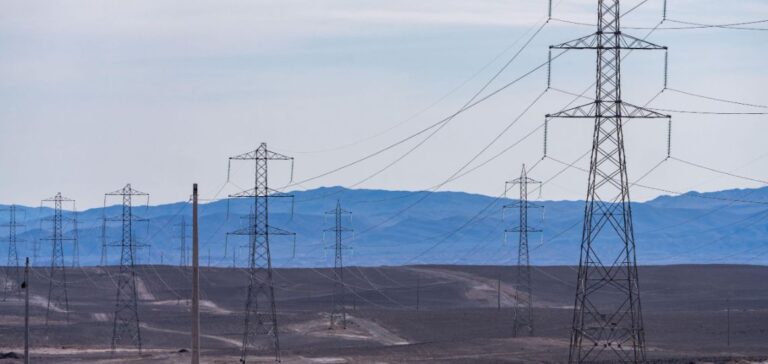Power was restored to 90% of Chilean households overnight from Tuesday, February 25, to Wednesday, February 26, 2025, after a massive blackout that paralysed large parts of the country. According to the national grid operator, 90% of consumption had been restored by midnight on Wednesday, February 26, though some areas remain affected. The outage, which began at 15:16 local time (18:16 GMT) on Tuesday, plunged more than 95% of Chile’s 20 million inhabitants into darkness, prompting the government to declare a state of emergency and impose a curfew across much of the country, including the capital, Santiago. This failure ranks among the most severe in the country’s history, surpassing the 2010 blackout caused by a malfunction at a power plant in the Biobio region.
Public transport, particularly Santiago’s metro system, was heavily impacted. The company was forced to evacuate thousands of passengers and suspend operations, disrupting the daily commutes of more than 2.3 million users. “I don’t know how to get home; all the buses are full,” said Maria Angélica Roman, a 45-year-old office worker. Similar reports emerged nationwide, with shops closing in Valparaiso and people trapped in lifts inside buildings.
System malfunction
Authorities quickly ruled out sabotage, stating that the blackout resulted from a technical failure in the power grid. “There is no reason to believe this was an attack,” said Interior Minister Carolina Toha. The government also assured that hospitals and prisons were equipped with backup generators. Officials announced that the curfew would be lifted at 06:00 (09:00 GMT) on Wednesday morning.
Political and social reactions
President Gabriel Boric voiced his frustration over the scale of the outage, calling the situation “scandalous” in a statement. “It is unacceptable that the daily lives of millions of Chileans are disrupted in this way by companies failing to do their job,” he said, criticising private-sector actors in the energy industry.
Authorities expect full power restoration in the coming hours, but the situation remains tense in several parts of the country, particularly in the capital and surrounding areas.






















